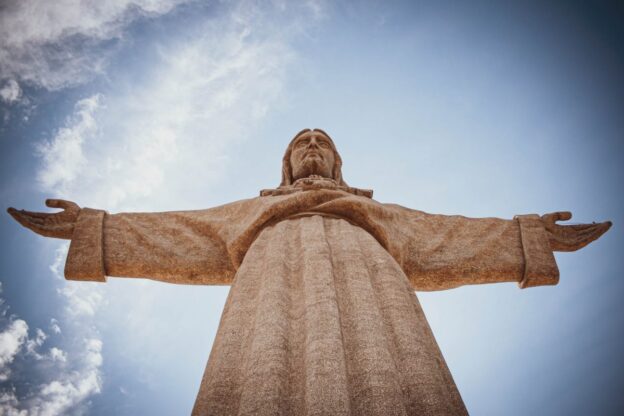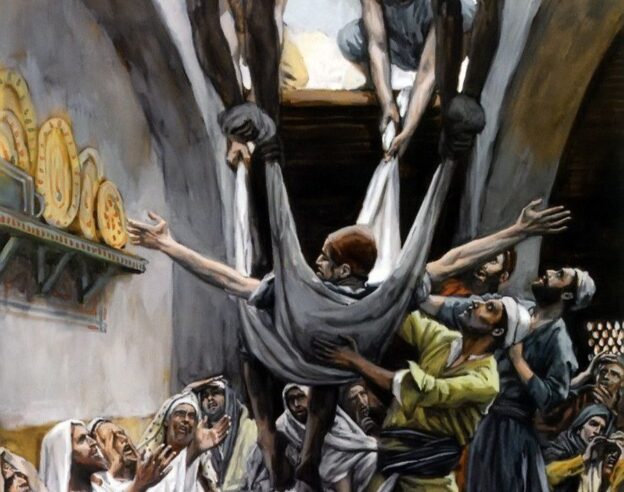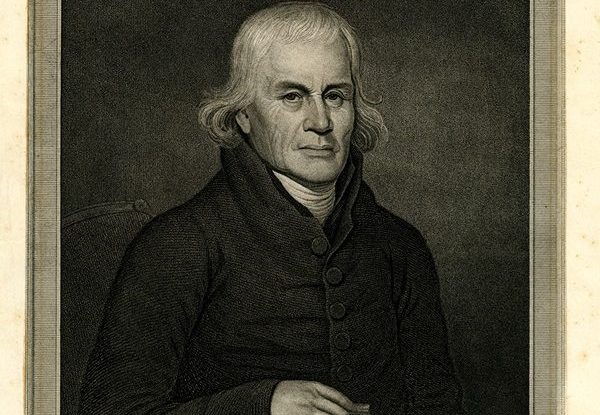For over a year, we have been renovating my grandparents’ house which was built in 1943. We replaced windows, electrical and plumbing. Progress was visible as the house came into form, yet all the while, lurking underneath, problems were brewing.
Confession is good for the soul, and mine is that we should have inspected and addressed the foundation first. As we began to uncover the original subfloor of the house, the problems became evident. For those who don’t know, Louisiana has a very humid climate. Humidity is not friendly to pier and beam houses constructed with wood beams and floor joists. Floorboards were rotten, cracked and disintegrating. However, it was even worse than we knew. As we began cutting out the bad subfloor, we discovered that the floor joists were also deteriorated and needed to be replaced. Our carpenter surmised that some of the damage came from above, but in other places the damage started below and then came to the surface.
This leads me to another confession. I sometimes approach my own spiritual life in the same manner. I address those things I can see – the things on the surface, but I fail to allow the Holy Spirit to plumb the depths and address those foundational issues in my soul. If I am committed to Jesus and committed to a life of missional discipleship, I must keep an eye on the foundation. Just like our house, if there are problems in the foundation, they will eventually come to the surface. When that happens, the stage has been set for struggles, temptations and broken relationships.
Just like my house, I can’t always see the foundation problems myself. I need to be in community with others who are joining me as we follow Jesus. The early Methodist movement was characterized by these kinds of relationships. People watched over one another in love as they met in class meetings, bands and other small group contexts with the goal of being formed into the likeness of Jesus. From the Holy Club’ to his dying days, John Wesley understood that deep community and spiritual friendships were essential to pursuing the life Jesus calls us to.
I know many Christians who don’t have such valuable spiritual friendships in their lives and that saddens me. Many of these Christians look like they have it all together. Just like the new windows on our house, it seems things are in great shape until a real challenge comes. Then the weakness in the foundation becomes clear. Things begin to crumble, creak and ultimately, crash.
I think we can still learn from John Wesley and the people called Methodists who pursued Christian holiness by gathering with spiritual friends. This model can still help us grow closer to Jesus.
As of today, I belong to four fellowship bands connected with the Inspire Movement. Inspire Fellowship Bands are updated Wesleyan bands of two to four persons meeting together to help each abide deeply with God and live missionally in the world. Each of my bands is unique. One is a local fellowship band with a friend from college. The others, which meet on Zoom, include an Irishman, a missionary to Eastern Europe, a Texan, and guys from Indiana, California and the Carolinas. These are very different groups, yet each gives the others permission to examine the “foundations” of our souls. While our conversation may sometimes drift to the mundane, we try to draw each other back to what is really happening deep in our souls as we follow Jesus. Those foundational questions like, “How is it with your soul?” keep us focused on the underpinnings of our faith and not just what’s on the surface.
My friend and mentor, Dr. Phil Meadows often laments that the lack of real Christian community in our modern times is a major factor in why people have left. Along those lines, I recently read a new book, The Great Dechurching. The book seems to make a good effort to understand who is leaving and why they are leaving church. The authors identify several de-churched groups who identify community, friendships, and belonging as the reasons people have left the church, and some of the reasons they might return. It could be argued that these persons found their churches lacking a sense of deep Christian community and thus few calls or opportunities to examine their “foundations.”
With an unexamined foundation, problems will eventually come to the surface. When they do, people without community often cannot navigate the challenges. As the challenges mount, the very church which could be remodeling their faith gets blamed and left behind.
So, what do we do?
We all need to examine our own foundations. In order to do that we need trusted spiritual friends to speak into that reflection, help us draw closer to Jesus, and follow the nudges of the Spirit to shore up that foundation. For those of us in leadership, this is especially urgent as people are leaving the church. People around us need not just another face-lift but a deeper examination. This means we have to have our own house in order, from the floor joists through the utilities to the finish. Once we have tended to our own solid foundations, then we can begin helping others find those spiritual friends who can help them walk with Jesus.
To learn more about the Inspire Movement, visit: www.inspiremovement.org.








